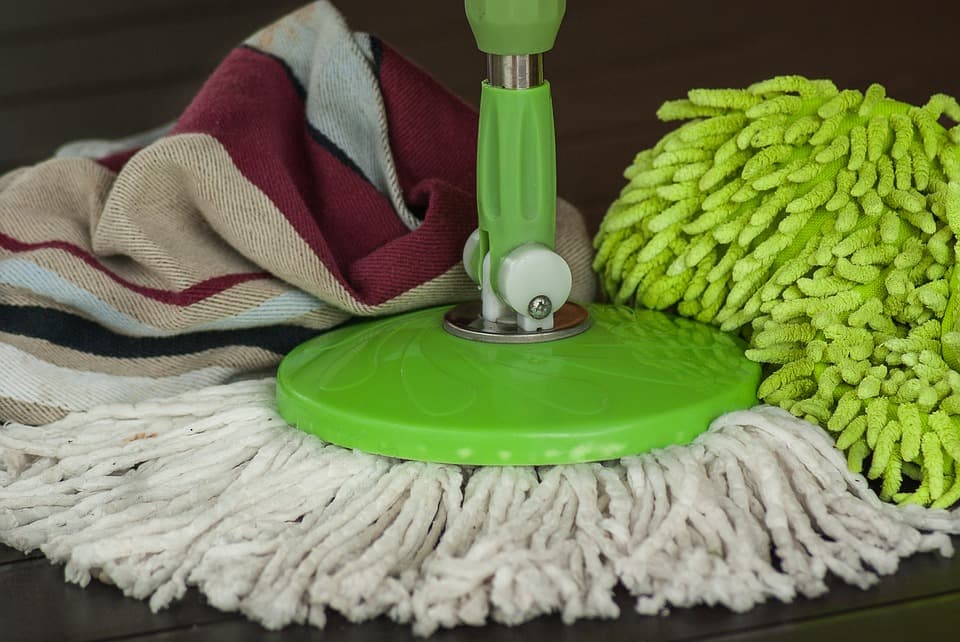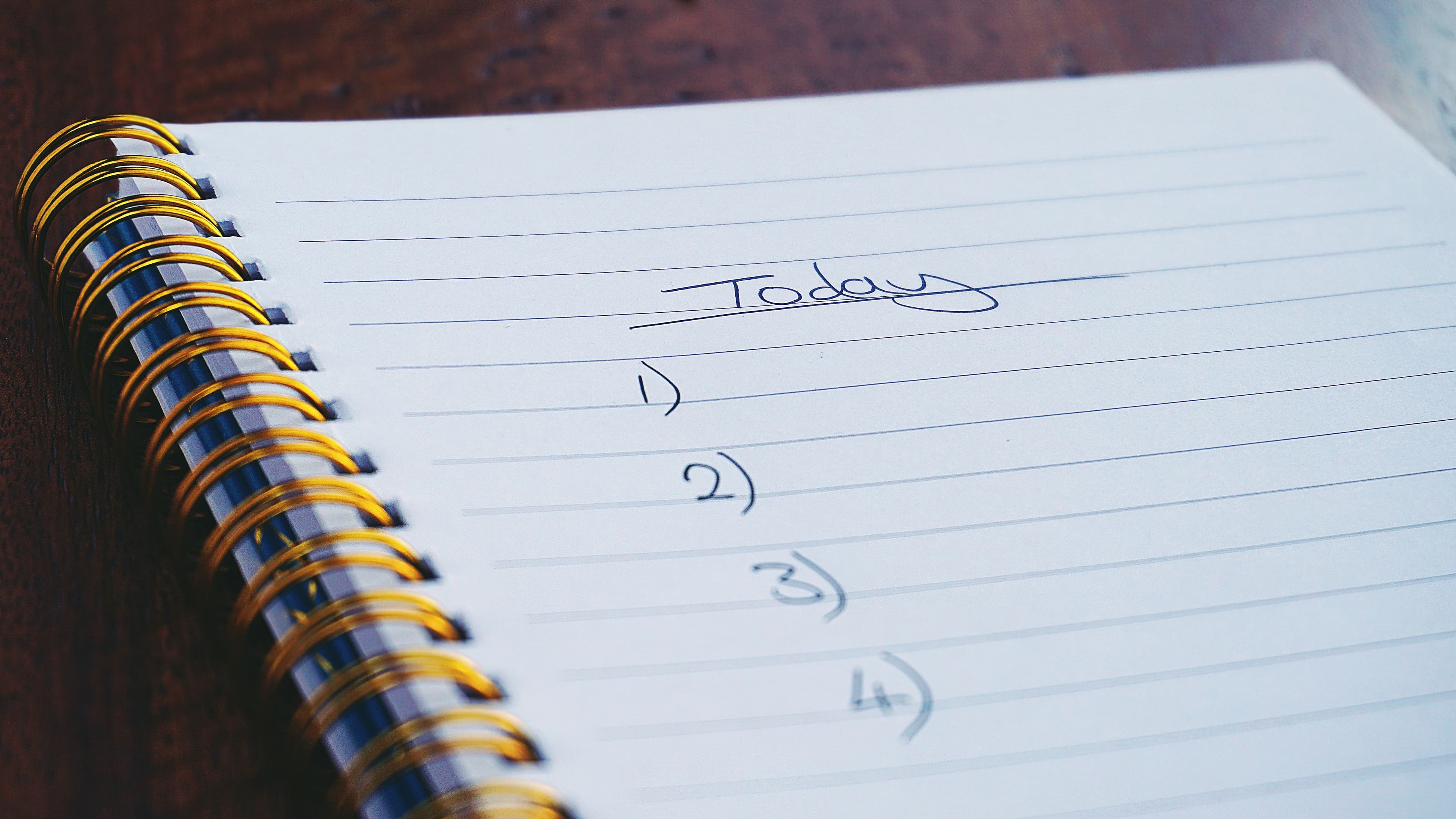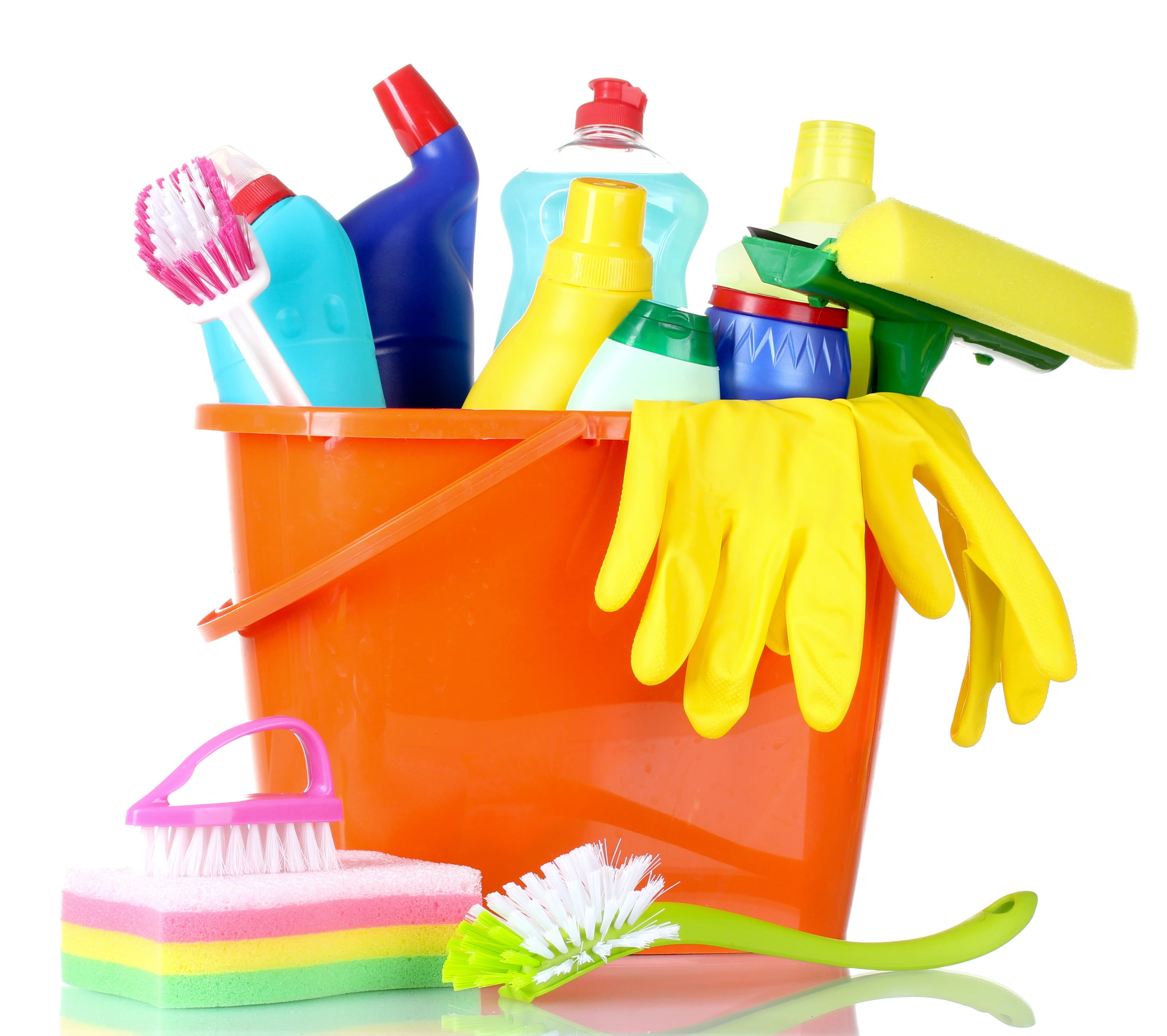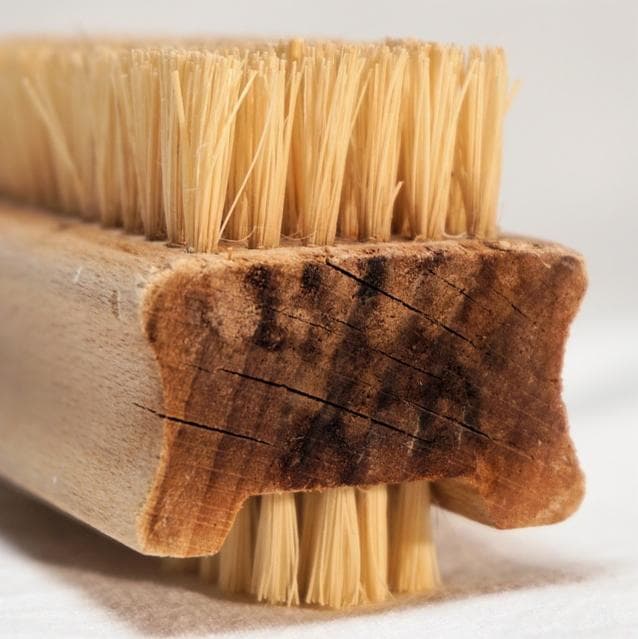Buying a House Checklist - Detailed

- Before you can determine how much you can afford to invest in a home, you'll need to know exactly how much money you are making. Only include income that you can count on such as wages from your job. If you receive child support or money from investments that's not reliable, don't include it in your income total in case that source should for some reason disappear.
- Include car payments and any loans you already pay for furniture, education, appliances, etc.
- This includes things like utility bills, newspaper and magazine subscriptions, charitable donations — anything that you pay every month. Remember to include monthly payments that you may be making to pay back a personal loan to a friend or family member.
- Don't forget to include your weekly food and entertainment expenses. This includes the grocery store, the convenience store, school lunches, meals eaten out, and all entertainment expenses including season tickets to events and fees that your kids have to pay for sports or other activities.
- The bank or mortgage company will want to know the total on each card and the monthly minimum payment.
- While your lender will also verify this, it's a good idea to know what your credit rating is before you get started so you can clear up any discrepancies now before you head to the bank.
- While you've already included your income in your budgeting, you also have to consider job stability. You're going to have to make that mortgage payment every month, so take into consideration potential lay-offs or cutbacks at your place of employment.
- Nobody can predict the future, but you may have plans for children and that will increase your expenses and possibly limit the earning potential of a spouse. Will you be sharing your home with an elderly family member in the near future? Do you plan to change jobs soon? You may not wish to share all of this information with your lender, but you still need to be aware of how these changes will affect your future budget.
- Visit your mortgage lender or bank and give them all of your financial information before you even contact a real estate agent and get pre-approved for your mortgage. This is not the same thing as pre-qualified. When the lender pre-qualifies you for a mortgage, all they do is give you an estimate of how much you can afford to spend. But when you're pre-approved, that means you're already approved for the specified loan amount and a real estate agent will take you much more seriously.
- You may have done business at the same bank for the past 20 years, but there are other lending institutions out there and some have better lending rates than others. It's OK to shop around, compare prices and even negotiate with lending institutions.
- There are a lot of different government loan programs available for first-time home buyers — especially in this economy. Ask your lender to see which ones you might qualify for or what you need to do so you can qualify.
- There are a lot of legalities involved in buying a home, and while you could do all of the research yourself, you'll be protecting your own best interests and saving yourself a lot of time if you use a qualified real estate agent to assist you in the transaction.
- Real Estate agents are required to follow federal laws and guidelines so when dealing with the larger firms, the only difference you'll find is personality. Ask friends and family members to recommend agents that they've worked well with.
- Before meeting with your agent the first time, make a list of everything you absolutely must have in your new home and another list of things you would like but could do without. Also let them know how much you've been pre-approved for so you're not wasting their time and yours looking at homes you can't afford.
- That house that used to be priced at $100,000 may now be priced at only $75,000 due to today's economy. And that might look like a really good deal. But have the house appraised first by a qualified appraiser. If the home needs major repairs or if the other houses in the neighborhood are only selling for $50,000, then the price is still too high and not worth the investment.
- Does the home have everything you absolutely cannot live without? If not, are you willing to wait to buy it or add it on or can you afford to do it before you move in?
- This is important. Make sure you know if the house is on the municipal sewer system or if it has its own septic system. If it has a septic tank system, demand that the system be inspected by a qualified professional before you even make a bid on the house. New laws and regulations have been put into place and if that system isn't up to code when you buy the house, you could be required to replace that system the day after you move in and the bill can be tens of thousands of dollars.
- Find out when the roof was last replaced and have it inspected. In fact, any offer you make on the house should be made contingent on inspections.
- Look for standing water and water marks on the outside of the house and cracks and leaks or damp spots in the basement. Look at thresholds and stairs to see if there is any damage or cracking in the foundation.
- Turn on faucets and check the water pressure — especially in the shower and tub. Flush toilets. Look under sinks and into drains. Turn lights on and off and check the furnace and air conditioner. You're getting ready to make the investment of a lifetime here. Go ahead and kick the tires first!
If you've never owned your own home, you might be thinking that this is the perfect time to buy. It is! The economy has had a major effect on housing prices, so homes once valued at hundreds of thousands of dollars are now worth only a fraction of that price. But don't lock yourself into a thirty year financial commitment without the proper research. For most people, buying a house is the biggest financial investment they'll ever make. Between your emotional reaction to the home, your budget and any legal concerns, there are lots of things to consider. Take these all into consideration before you jump into this major investment.
Table of Contents
Related Checklist

Cleaning
Michelle.Tako

Daily To Do List
Checklister
Related Checklist Templates
More Checklist Templates
"Buying a House Checklist - Detailed" not suitable?
Search the World's largest free library of checklist templates





